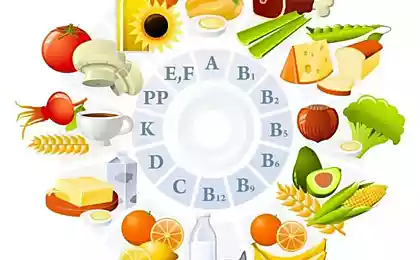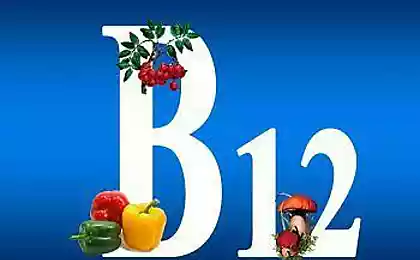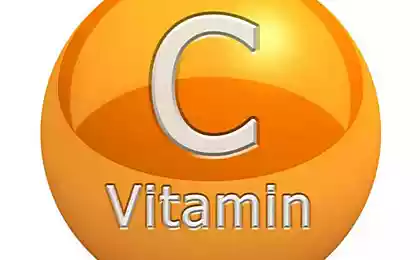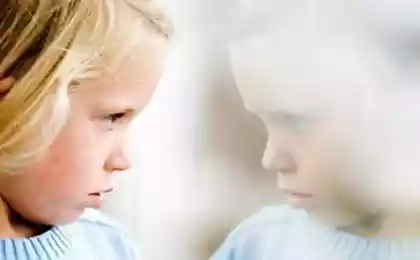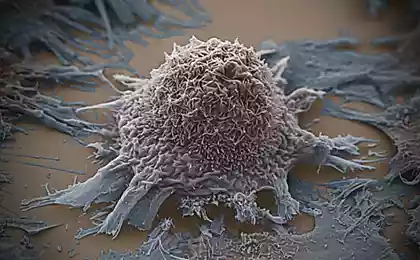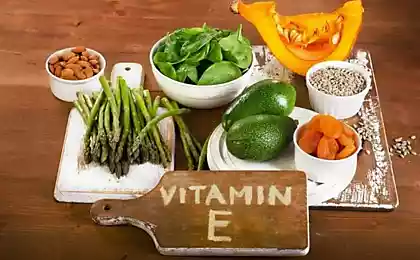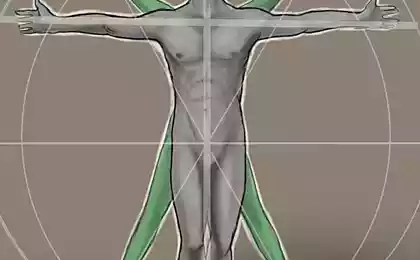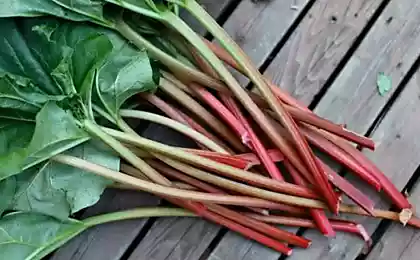616
Scientists still do not know why the human body stopped producing Vitamin C
Scurvy, the scourge of the great apes, is the result of an unexplained evolutionary zagadki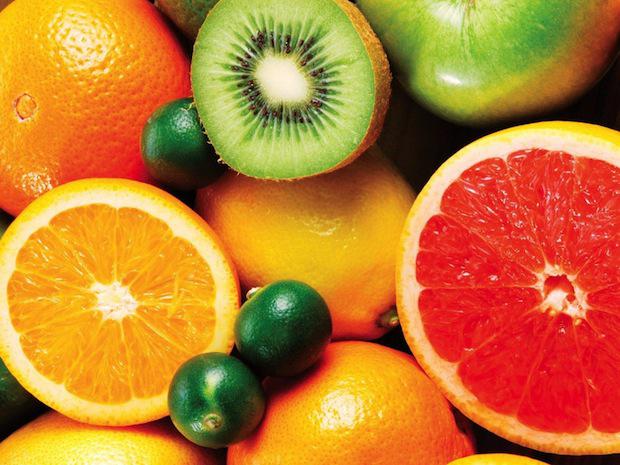
A mysterious illness caused by lack of nutrients in the body, was previously one of the main problems of seafarers, and is now on the cause of its occurrence beat many biologists around the world.
After months of meager and unbalanced diet in certain sea travelers appeared red spots on the skin, gums start to bleed, teeth - to drop out, and sometimes people have died, falling into oblivion. When it was discovered that the drug could provide a small amount of citrus fruits such as lemons, everyone sighed with relief - now the disease was not terrible.
Later, scientists have wondered why scurvy occurs only in higher animals such as gorillas, chimpanzees and, of course, people? Studies have found that humans and some primates in evolution somehow lost the ability to produce vitamin C, the shortage of which causes such unpleasant consequences, although many animals whose diet is far less diverse than, for example, food seamen XVIII th century, this characteristic is preserved. And the people kept the gene that is responsible for the replenishment of vitamin C, but due to some mutations it has ceased to function.
While science can not say exactly why nature "admitted" this genetic flaw that negatively affected the survival of some species, but in this respect there are some assumptions. In one version, vitamin C has ceased to be produced in the human body, because one of the byproducts of its production is hydrogen peroxide, and if one of the oxygen atoms contained in the compound begins to interact with the cells of the organism, this can lead to their destruction. Also peroxide can kill cells and bacteria - that's why it is often used as a disinfectant.
To reduce the production of hydrogen peroxide in the body, nature had to abandon the production of vitamin C, so evolution - is not only the purchase but also some losses.
via factroom.ru

A mysterious illness caused by lack of nutrients in the body, was previously one of the main problems of seafarers, and is now on the cause of its occurrence beat many biologists around the world.
After months of meager and unbalanced diet in certain sea travelers appeared red spots on the skin, gums start to bleed, teeth - to drop out, and sometimes people have died, falling into oblivion. When it was discovered that the drug could provide a small amount of citrus fruits such as lemons, everyone sighed with relief - now the disease was not terrible.
Later, scientists have wondered why scurvy occurs only in higher animals such as gorillas, chimpanzees and, of course, people? Studies have found that humans and some primates in evolution somehow lost the ability to produce vitamin C, the shortage of which causes such unpleasant consequences, although many animals whose diet is far less diverse than, for example, food seamen XVIII th century, this characteristic is preserved. And the people kept the gene that is responsible for the replenishment of vitamin C, but due to some mutations it has ceased to function.
While science can not say exactly why nature "admitted" this genetic flaw that negatively affected the survival of some species, but in this respect there are some assumptions. In one version, vitamin C has ceased to be produced in the human body, because one of the byproducts of its production is hydrogen peroxide, and if one of the oxygen atoms contained in the compound begins to interact with the cells of the organism, this can lead to their destruction. Also peroxide can kill cells and bacteria - that's why it is often used as a disinfectant.
To reduce the production of hydrogen peroxide in the body, nature had to abandon the production of vitamin C, so evolution - is not only the purchase but also some losses.
via factroom.ru
4 girls helpful hints on choosing clothing, depending on the type of figure
Earthly life could have arisen on Mars

